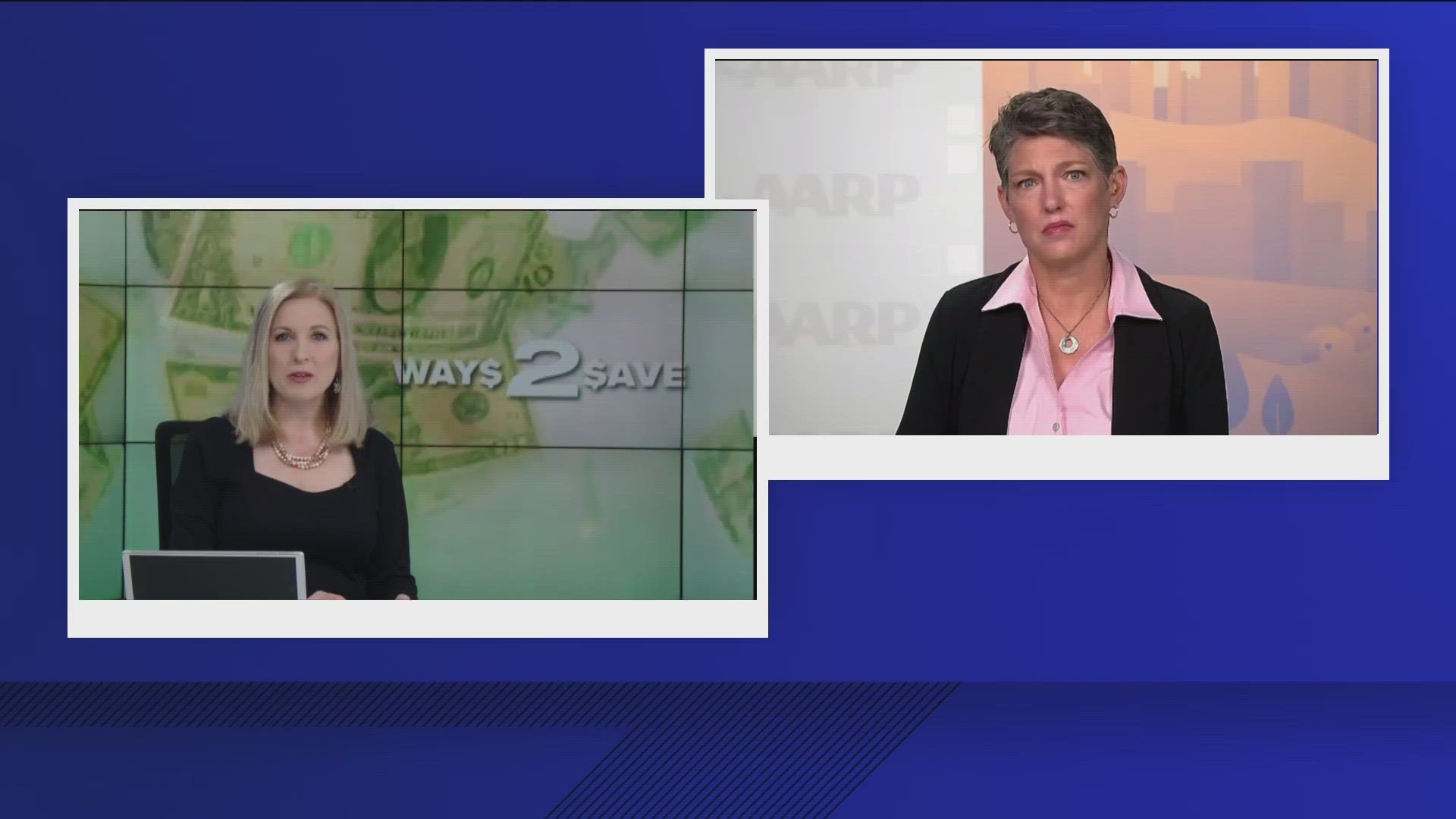BUFFALO, N.Y. — It is a common sight to most Americans: you pick up your phone and receive a phone call or text from an unknown number promising money, prizes, gifts, or the chance to perform a charitable deed.
Scams have seen an uptick as technology advances, but New York Attorney General Letitia James' office has a comprehensive guide to protect New Yorkers and potential victims alike.
This guide covers a wide range of topics, including the anatomy of a scam. James' guide claims that most crimes that compromise someone's trust have share the "same components."
According to the New York Attorney General's office, these components include a "hook," promising money and exploiting someone's good will, fear, or desperation.
Most cons seem trustworthy and will have a sense of urgency about them that puts victims in high-pressure, vulnerable situations.
The Federal Trade Commission (FTC) releases in-depth scam statistics every year, and for 2022 it was found that Americans lost $8.8 billion — a 30 percent increase from 2021 — which affected 2.4 million people last year.
Map data for 2022 shows that over 1 in 100 people in New York experienced a scam, with nearly 200,000 reports. The Buffalo metro area saw a slightly lesser figure, with 891 per 100,000 residents reporting a scam with slightly over 10,000 total reports.
The important thing to bear in mind about scams is that they can happen to anyone. The highest frequency of fraud reports in 2022 actually affected 30-39 year-olds, with 1.7 per 1,000 people in the age group reporting fraud loss.
The next highest group? 20-29 year-olds. with 1.5 per 1,000 people affected. The median dollar loss was highest for those 80 and older, with $1,754.
Business imposter scams affected those 80 and older the most, and online shopping scams affected the 20-29 year-old age group the most.
The most common contact method for 20-49 year-olds was social media, with 50-79 year-olds getting contacted through websites or apps the most. Those 80 and older were the only group most commonly contacted by phone call.
The Washington Post released an article last year that highlighted another issue: mental health.
Mathew Mimiaga, a professor at UCLA, spoke to the Post about these effects, highlighting that scam victims generally have decreased life satisfaction and higher levels of anxiety.
Iris Waichler, a clinical social worker also chimed in on the topic for the Post, citing the harsher effects on the elderly. Waichler claims they often feel more shame and lower self esteem after a scam, deterring some from reporting the incidents.
Town of Amherst Supervisor Brian Kulpa recently released a statement regarding the issue on June 22. He claims scammers are "dangerous" and says their tactics work because they "confuse victims, causing them to panic and make poor decisions."
Kulpa did mention the approach from scammers change over time. Some increasingly common ones include spoofed calls and AI voice tracking being able to mimic a loved one, apartment listings that do not belong to a scammer who looks to collect a security deposit or application fee, and marketplace purchases gone wrong, showcasing that scams have gotten increasingly sophisticated.
Kulpa said in the release that his police department operates an Internet Exchange Safe Zone for anyone selling or buying items on Facebook Marketplace, Craigslist, and eBay. Police headquarters at 500 Audubon Parkway have designated parking spots for buyers and sellers that are under 24-hour surveillance to deter scammers.
Above all, State Attorney General James reminds people to "stay safe" and "take control" of the situations, reminding the public to never wire money to people you do not know, do not rely on caller ID, never give out personal information to an unsolicited caller, use secure sites, and create secure passwords on all online accounts.

